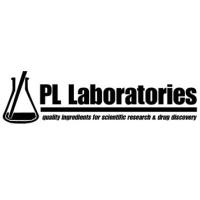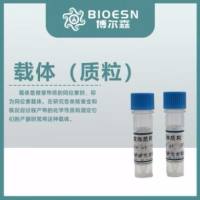Immunohistochemical Analysis for hMLH1 and hMSH2 Expression in Colorectal Cancer
互联网
499
Defective DNA mismatch repair (MMR) occurs in the majority of tumors from patients with hereditary non-polyposis colorectal cancer (HNPCC) and approx 15% of sporadic colorectal cancer (CRC) (1 ,2 ). In HNPCC-associated tumors, defective MMR is most often due to inactivating mutations of the DNA MMR genes hMLH1 and hMSH2 (3 ,4 ). Defective MMR in sporadic CRC, on the other hand, is generally due to hypermethylation of the hMLH1 promoter (5 -7 ). As might be expected, inactivating mutations of hMSH2 and hMLH1 lead to a loss of hMSH2 or hMLH1 expression respectively and hypermethylation of the hMLH1 promoter to a loss of hMLH1 expression (5 -8 ). One of the hallmarks of defective DNA MMR is a type of genetic instability known as microsatellite instability (MSI). Tumors with defective DNA MMR generally exhibit MSI at the majority of the loci examined (MSI-H phenotype) (8 ,9 ).









